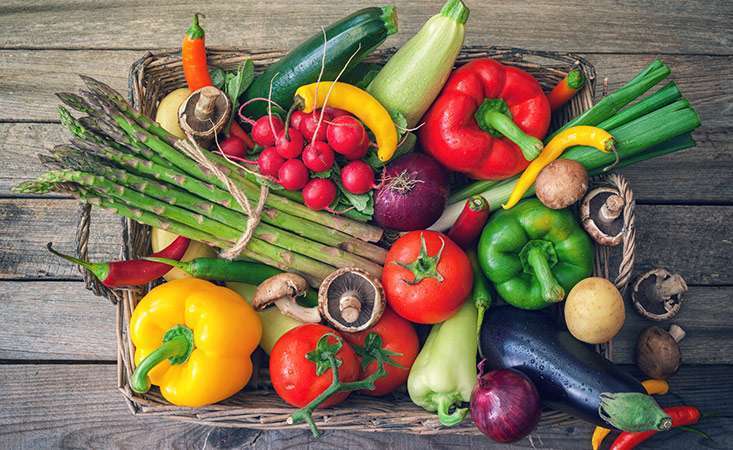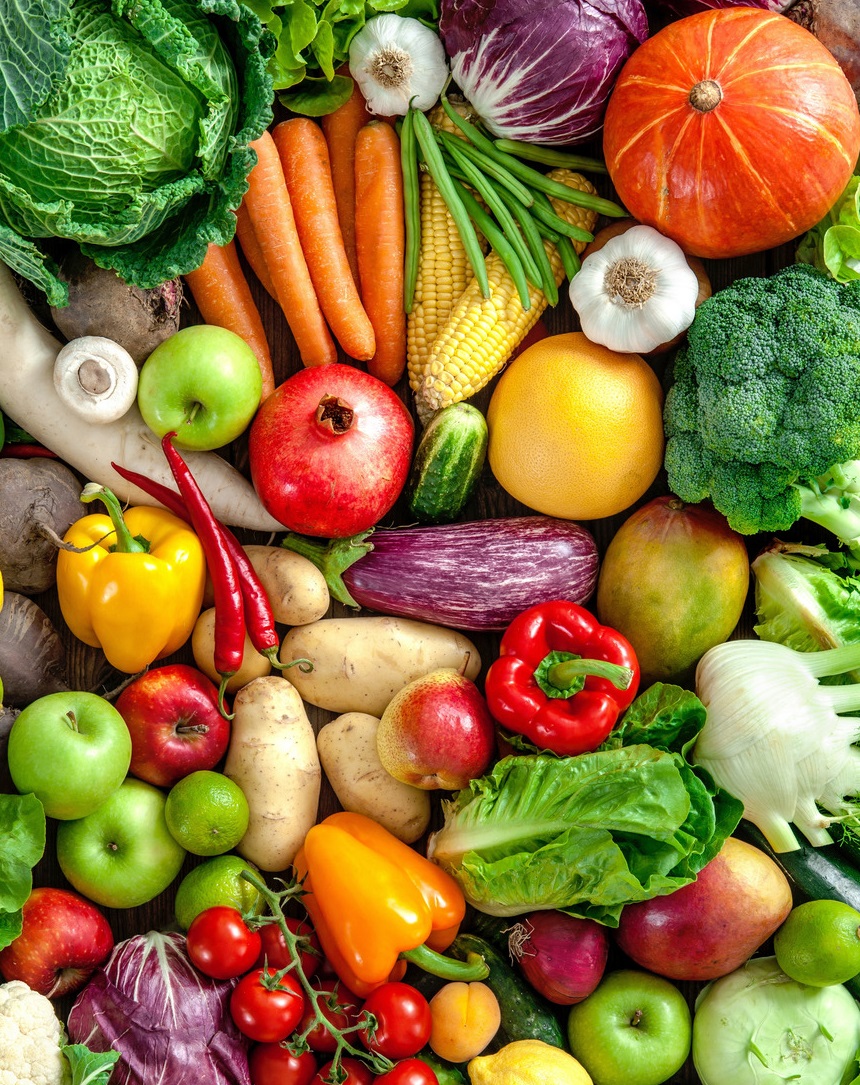
How to Eat Organic on a Budget: Tips and Tricks
Eating organic food has numerous health and environmental benefits, but it can often come with a hefty price tag. However, with a little bit of planning and strategy, it is possible to eat organic on a budget. In this blog post, we will explore some tips and tricks to help you eat organic without breaking the bank.
1. Shop seasonally and locally
When it comes to buying organic produce, shopping seasonally and locally can save you a lot of money. Local farmers’ markets or community-supported agriculture (CSA) programs offer fresh, seasonal produce at lower prices compared to grocery stores. Additionally, buying in-season produce reduces the cost of transportation and storage, making it more affordable.

2. Buy in bulk
Buying in bulk is a great way to save money on organic staples such as rice, beans, nuts, and seeds. Look for bulk bins at your local grocery store or health food store and purchase only the amount you need. This can help you save money by avoiding the cost of packaging and marketing.
3. Cook from scratch
Convenience foods like packaged snacks and frozen meals can be expensive, even if they are organic. Cooking from scratch can be a great way to save money while eating organic. By cooking your meals at home, you can control the ingredients and avoid the added cost of processing and packaging.
4. Plan your meals
Meal planning can be a powerful tool to save money on organic food. By planning your meals ahead of time, you can buy only what you need, reduce food waste, and avoid last-minute trips to the grocery store where you may be tempted to overspend. Additionally, planning your meals around seasonal produce can help you save money.
5. Use coupons and discounts
Many organic food brands offer coupons and discounts that can help you save money on your grocery bill. Look for coupons in your local newspaper or on the manufacturer’s website. Additionally, signing up for a store’s loyalty program can provide discounts and special offers.
6. Grow your own food
Growing your own organic produce can be a great way to save money while also ensuring that you are eating the freshest, healthiest food possible. Even if you don’t have a large garden, you can grow herbs, tomatoes, and other vegetables in containers on a balcony or patio.
7. Choose wisely
Finally, it’s important to prioritize your organic purchases. Certain foods, such as meat and dairy, may be more important to buy organic due to the potential for hormone and antibiotic exposure. On the other hand, some fruits and vegetables may have lower levels of pesticides even when conventionally grown. By choosing which organic products to buy wisely, you can save money while still enjoying the benefits of organic food.
With these tips and tricks, eating organic on a budget is not only possible but also enjoyable. By making small changes to your shopping and eating habits, you can prioritize your health and the environment without sacrificing your budget.

Another tip for eating organic on a budget is to consider purchasing generic or store-brand organic products. Often, these products are just as high-quality as their branded counterparts but cost significantly less. Look for these products in your local grocery store or health food store and compare the prices to the branded versions to determine which option is most cost-effective for you.
Additionally, consider joining a food co-op or buying club. These organizations work by pooling together resources and purchasing organic foods in bulk, which often leads to significant cost savings. Plus, they can be a great way to connect with like-minded individuals who are also interested in healthy eating and sustainable living.
Finally, when it comes to meat and dairy products, consider purchasing them in bulk from local farmers. Many small-scale farmers offer meat and dairy products at lower prices than grocery stores, and the products are often fresher and of higher quality. By purchasing in bulk, you can also save money in the long run.
In summary, eating organic on a budget requires a bit of planning and strategy, but it is absolutely possible. By shopping seasonally and locally, buying in bulk, cooking from scratch, planning your meals, using coupons and discounts, growing your own food, choosing wisely, and considering generic or store-brand products, you can enjoy the numerous health and environmental benefits of organic food without breaking the bank.
